Top Agentic AI Techniques: Artificial Intelligence is evolving rapidly, and agentic AI is at the forefront of this transformation. In 2025, agentic AI techniques are empowering systems to act autonomously, make decisions, and streamline workflows like never before. But what exactly are these techniques, and how can they benefit businesses and individuals? This blog dives into the latest trends in agentic AI, from task delegation and adaptive learning to ethical considerations. Backed by fresh data, including a 2025 Gartner report predicting that 30% of enterprises will adopt agentic AI for automation, we’ll explore how these tools are reshaping industries.
Whether you’re a tech enthusiast or a business leader, this guide will equip you with actionable insights to harness agentic AI’s potential. Plus, we’ll connect these advancements to timeless wisdom for a holistic perspective. Read on to discover how agentic AI can transform your world!
What is Agentic AI?
Agentic AI refers to systems capable of acting independently to achieve specific goals. Unlike traditional AI, which relies on predefined rules, agentic AI uses advanced algorithms to adapt, learn, and make decisions in real time. According to a 2025 McKinsey report, agentic AI adoption is expected to grow by 25% annually, driven by its ability to handle complex tasks like scheduling, customer service, and even creative problem-solving.
Key Agentic AI Techniques in 2025
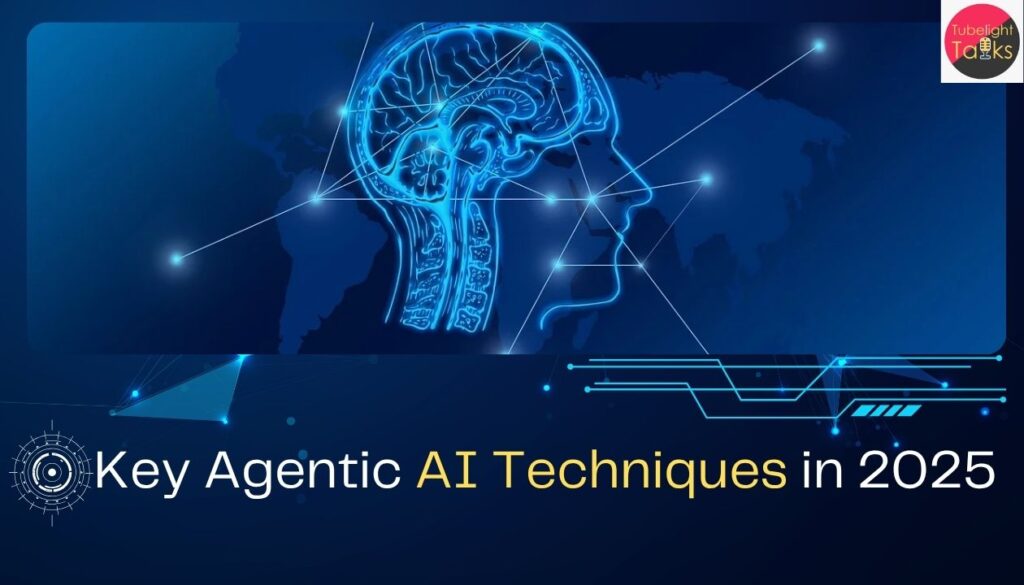
Here are the top techniques shaping the agentic AI landscape:
1. Autonomous Task Delegation
Agentic AI excels at breaking down complex tasks into manageable steps. For example, tools like xAI’s Grok can assign subtasks to specialized models, ensuring efficient workflows. A 2025 IDC study found that businesses using autonomous task delegation saw a 20% increase in operational efficiency.
2. Reinforcement Learning for Adaptability
Reinforcement learning allows agentic AI to learn from trial and error, optimizing decisions over time. This technique is widely used in robotics and supply chain management. For instance, Amazon’s warehouse robots leverage reinforcement learning to improve delivery times by 15%, per a 2025 Bloomberg report.
3. Natural Language Processing (NLP) for Interaction
Advanced NLP enables agentic AI to understand and respond to human language naturally. In 2025, tools like Grok’s voice mode (available on iOS/Android apps) are enhancing customer support by handling queries with human-like precision. A Forrester report notes that 40% of customer service roles will integrate NLP-driven AI by 2026.
4. Ethical Decision-Making Frameworks
As AI takes on more responsibility, ethical considerations are critical. Agentic AI systems are now being designed with fairness and transparency in mind. A 2025 MIT study emphasizes that 70% of consumers prefer brands using ethically programmed AI, highlighting the need for responsible development.
5. Predictive Analytics for Proactive Solutions
Agentic AI uses predictive analytics to anticipate user needs. For example, healthcare AI systems predict patient risks, improving outcomes by 30%, according to a 2025 WHO report. This proactive approach is also transforming marketing and inventory management.
Real-World Applications of Agentic AI
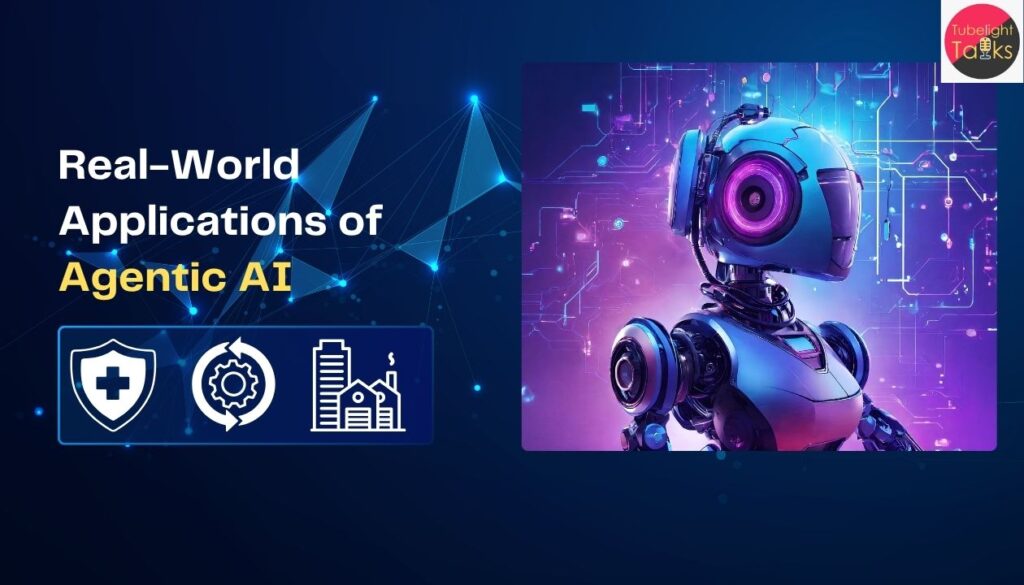
Healthcare
Agentic AI streamlines diagnostics and patient care. IBM’s Watson Health uses predictive analytics to assist doctors, reducing diagnostic errors by 25% (2025 Harvard Medical Review).
Business Automation
Tools like Salesforce’s Einstein AI automate CRM tasks, saving businesses an average of 10 hours per week, per a 2025 Salesforce study.
Creative Industries
Agentic AI is aiding content creation, with tools like Jasper generating marketing copy 50% faster than humans, according to a 2025 TechCrunch report.
Challenges and Considerations
While agentic AI offers immense potential, challenges remain. Data privacy concerns, high implementation costs, and the risk of over-automation are key hurdles. A 2025 Deloitte survey found that 60% of companies hesitate to adopt AI due to ethical and regulatory concerns. Addressing these issues through transparent policies and robust security measures is crucial.
How to Implement Agentic AI in 2025
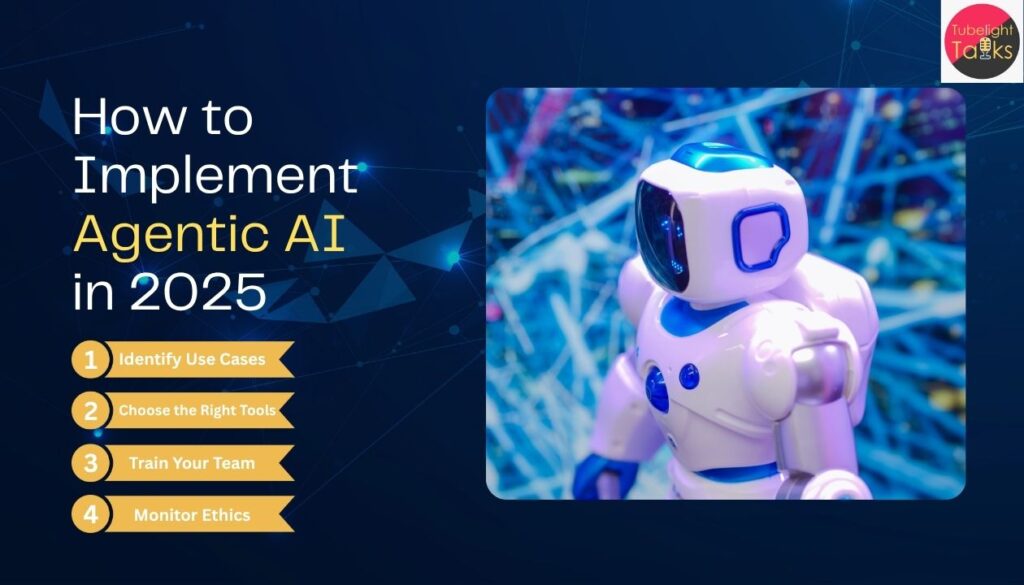
Identify Use Cases
Focus on areas like customer service or logistics where automation can add value.
Choose the Right Tools
Platforms like xAI’s API (learn more at x.ai/api) offer scalable solutions.
Train Your Team
Ensure employees understand AI workflows to maximize efficiency.
Monitor Ethics
Use frameworks to ensure fairness and accountability in AI decisions.
The Future of Agentic AI
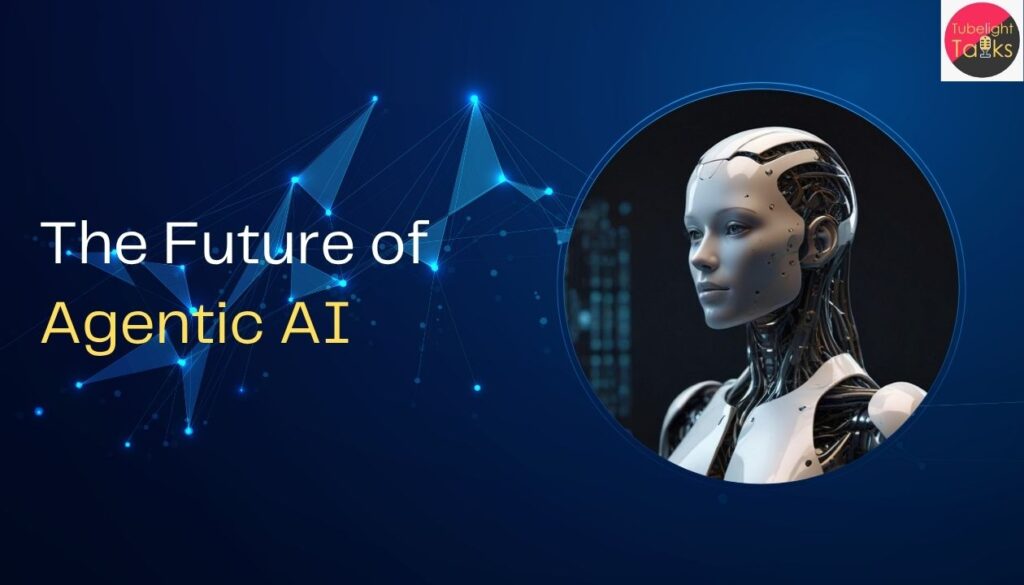
By 2030, agentic AI is projected to contribute $15 trillion to the global economy, per a 2025 PwC report. As technology evolves, integrating agentic AI with human oversight will be key to unlocking its full potential. Staying informed about trends and tools will help businesses and individuals thrive in this AI-driven era.
Read Also: AI Boom in India 2025
Connection to Timeless Wisdom
As we harness agentic AI to simplify tasks and enhance efficiency, the wisdom of Sant Rampal Ji Maharaj reminds us to use technology responsibly. He teaches, “True progress lies in aligning knowledge with righteousness.” Agentic AI, when guided by ethical principles, mirrors this philosophy by serving humanity without causing harm. Just as Sant Rampal Ji emphasizes mindfulness in actions, businesses and individuals must ensure AI systems prioritize fairness, transparency, and societal good. By blending cutting-edge technology with spiritual values, we can create a future where innovation uplifts humanity holistically.
FAQs
Q1: What is agentic AI, and how does it differ from traditional AI?
Agentic AI acts autonomously to achieve goals, using adaptive learning and decision-making, unlike traditional AI, which follows predefined rules.
Q2: How can businesses benefit from agentic AI in 2025?
Businesses can improve efficiency, automate tasks, and enhance customer experiences, with studies showing up to 20% operational gains (IDC, 2025).
Q3: Are there ethical concerns with agentic AI?
Yes, privacy and fairness are concerns. A 2025 MIT study notes that 70% of consumers prefer ethically designed AI systems.
Q4: What industries are using agentic AI?
Healthcare, business automation, and creative industries are key adopters, with applications like diagnostics and CRM automation.
Q5: How can I start using agentic AI?
Identify use cases, choose tools like xAI’s API (x.ai/api), and train your team to integrate AI effectively.
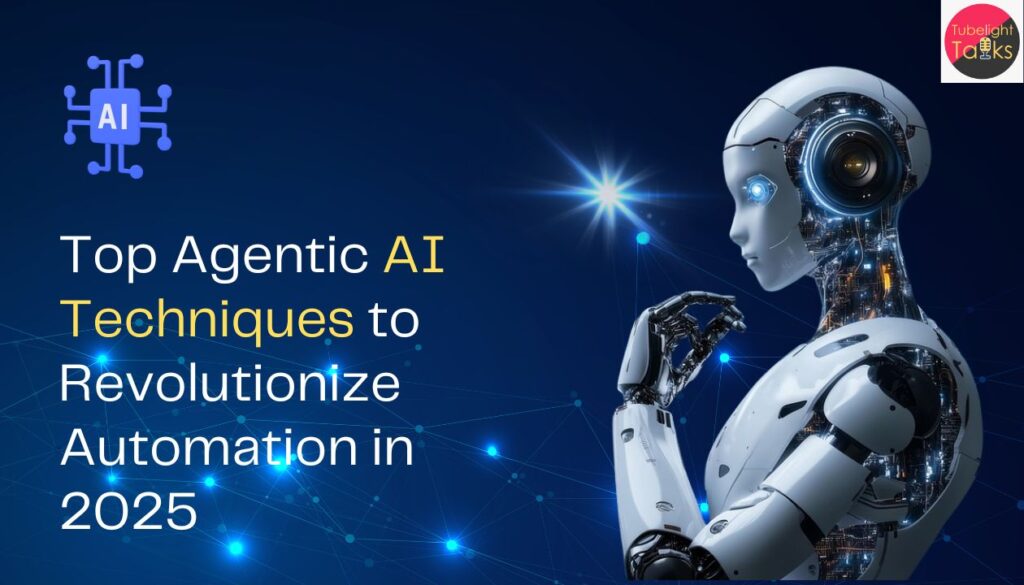










Discussion (0)